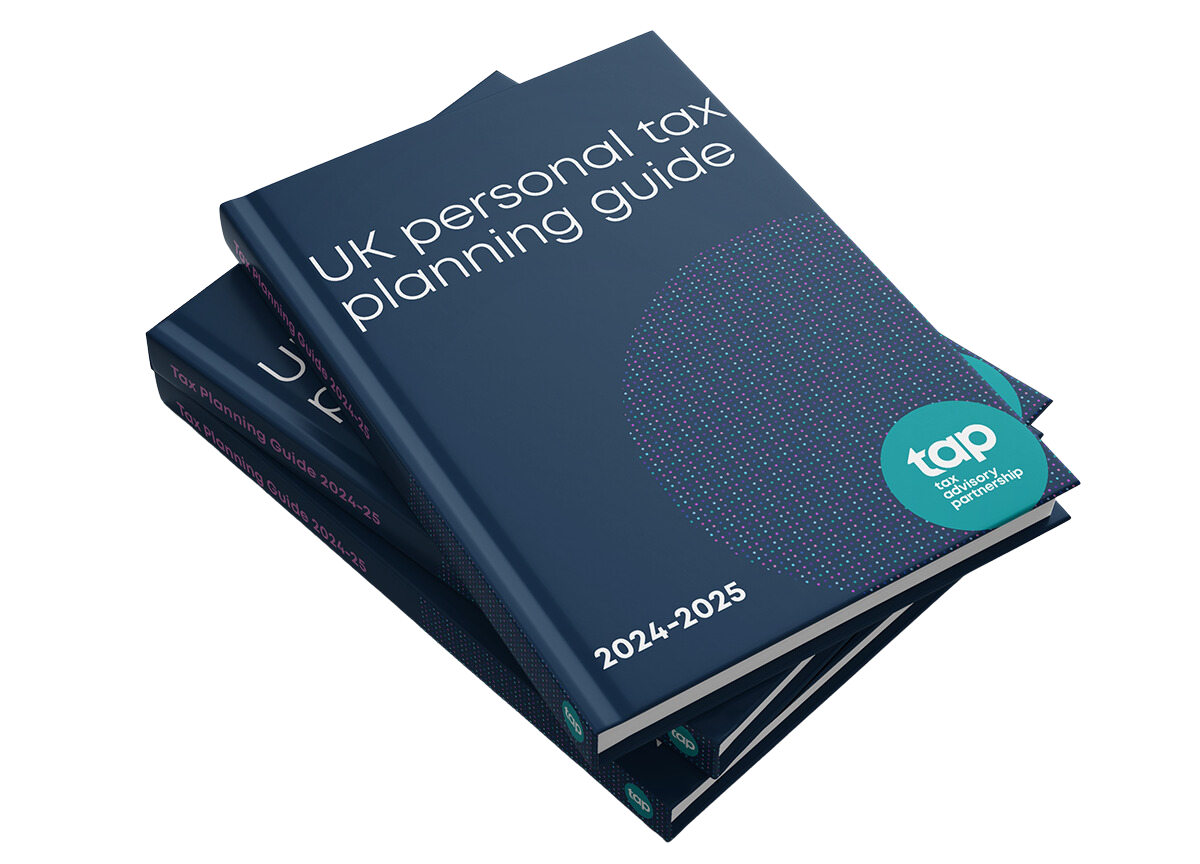We provide a comprehensive and specialist tax compliance service to our clients.
We provide these services to clients with more complicated tax affairs; internationally mobile private clients, Partners in an LLP or general business partnership, self-employed, those with income not taxed at source e.g. savings, investments, property income, along with individuals earning £150,000.00 or more will have to complete a UK tax return.
Taxpayers that are looking to claim reliefs connected to their residency, non-dom or expat status will always have to complete a UK tax return.
Self-Assessment Tax Returns
The UK tax year runs from 6 April to the following 5 April.
It is a taxpayers responsibility to self-assess and declare any UK tax liabilities under the self-assessment tax regime.
Once you become chargeable to UK tax you should notify HMRC within 6 months of the end of the tax year that you have become chargeable to tax i.e. 5 October.
If you receive a self-assessment tax return, or a notice to file a tax return, you must complete a one and submit it to HMRC.
The filing deadline for completing an online Tax Return is 31 January following the end of the tax year. The filing deadline is shortened to 31 October following the end of the tax year if you wish to submit a hard copy tax return by post.
Failure to submit Tax Returns on time will result in penalties being charged by HMRC.
Late Filing Penalties:
- Day one: you will be charged an initial penalty of £100, even if you have no tax to pay or you have already paid all the tax you owe
- Three months late: you will be charged an automatic daily penalty of £10 per day, up to a maximum of £900
- Six months late: you will be charged further penalties, which are the greater of 5 per cent of tax due or £300
- Twelve months late: you will be charged yet more penalties, which are the greatest of 5 per cent of tax due or £300. In serious cases you face a higher penalty of up to 100 per cent of the tax due
Tax Payments
The tax is payable by 31 January following the end of the tax year. In addition to this, most individuals will be required to make advance payments on account towards their tax liability for the following tax year, being 50% of the tax due for the previous tax year, which are payable by 31 July and 31 January following the end of the tax year.
If tax is paid late, HMRC will issue penalties and interest on any overdue tax.
Late Payment Penalties
- Thirty days late: you will be charged an initial penalty of 5 per cent of the tax unpaid at that date
- Six months late: you will be charged a further penalty of 5 per cent of the tax that is still unpaid
- Twelve months late: you will be charged a further penalty of 5 per cent of the tax that is still unpaid.
If you require our assistance with UK tax compliance and self-assessment please complete the form below to get in touch.
UK Private Client Tax Team



.png)























.png)





%20(1).png)

















Download Your FREE Personal Tax Planning Guide
Our Clients Love us
Scroll through the testimonials from our clients.
Always aware of opportunities to reduce taxes.
Exceptional service and patience! We really value the effort and support they have given us as a new start up.
Exceptional turn around time on any questions/problems presented
Exceptionally thorough responses delivered in a very timely manner.
I have been Jamie's client for more than ten years and I keep being impressed with his client-centric, solution-orientated and straightforward approach to answering questions. I have not had a single tax question over the years where Jamie could not help in a professional, efficient and also cost-effective manner. This holds true for questions around various different jurisdictions and degrees of complexity. I can wholeheartedly recommend Jamie's services!
I recently moved to the UK and TAP were very proactive at helping me understand the details of the law and how to reduce my tax exposure, they were also very patient responding promptly to all of my questions - great customer service!
TAP have always delivered outstanding advice and support.
TAP sought ways to save us tax and made the process straightforward.
The service I have received has been impeccable and I would be glad to recommend your services to friends, family and clients etc. The whole process has been made extremely easy for me since day 1 from my consultation with Robert and then on to the preparation of the CGT Calculations and submission by Sydnie and the Team, all my questions were answered promptly and I was provided all the information I needed, so a big thank you again for your efforts.
They were able to turn a HMRC GBP25,000 tax bill for income received in Germany into a GBP600 refund within a month!
Very clear and concise in explaining tax matters.
Very helpful throughout the process, available to answer one-off questions.
Very thorough and answered my queries.
Always aware of opportunities to reduce taxes.
Exceptional service and patience! We really value the effort and support they have given us as a new start up.
Exceptional turn around time on any questions/problems presented
Exceptionally thorough responses delivered in a very timely manner.
I have been Jamie's client for more than ten years and I keep being impressed with his client-centric, solution-orientated and straightforward approach to answering questions. I have not had a single tax question over the years where Jamie could not help in a professional, efficient and also cost-effective manner. This holds true for questions around various different jurisdictions and degrees of complexity. I can wholeheartedly recommend Jamie's services!
I recently moved to the UK and TAP were very proactive at helping me understand the details of the law and how to reduce my tax exposure, they were also very patient responding promptly to all of my questions - great customer service!
TAP have always delivered outstanding advice and support.
TAP sought ways to save us tax and made the process straightforward.
The service I have received has been impeccable and I would be glad to recommend your services to friends, family and clients etc. The whole process has been made extremely easy for me since day 1 from my consultation with Robert and then on to the preparation of the CGT Calculations and submission by Sydnie and the Team, all my questions were answered promptly and I was provided all the information I needed, so a big thank you again for your efforts.
They were able to turn a HMRC GBP25,000 tax bill for income received in Germany into a GBP600 refund within a month!
Very clear and concise in explaining tax matters.
Very helpful throughout the process, available to answer one-off questions.
Very thorough and answered my queries.
Recent News

A FIG from the Ashes – A New Era for International Private Client Tax
Snitches Get... Riches: Chancellor to Incentivise Whistleblowing to Clamp Down on Tax Evasion
April Action Required for All Employers With Active Section 690 Directions
Reach out to the UK Private Client Tax Team
Complete the brief form below with details of your enquiry and a member of the team will be in touch as soon as possible.

